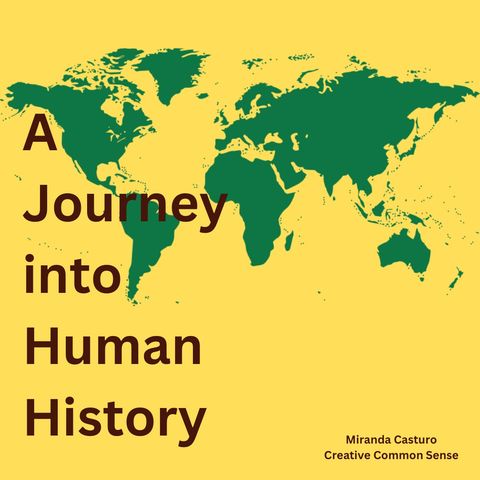28 OTT 2024 · The Cold War was marked by global tensions. In Europe in the 1950s and 1960s, Soviet satellite states in the Eastern Bloc tested Moscow’s resolve to maintain control as their citizens pushed for greater freedoms and an end to Soviet domination. Rebellions in Poland, Hungary, and Czechoslovakia were quickly crushed by the USSR. The United States attempted to stem the tide of communist expansion in both Latin America and Asia as it intervened in Guatemala, Cuba, and Vietnam. At times, as in Berlin in 1961 and Cuba in 1962, the United States came perilously close to military conflict with the Soviet Union. By the late 1960s, however, a split between the USSR and China gave the United States greater opportunities to maneuver on the world stage. As the Western and Eastern Blocs faced off against one another in Europe, Asia, and Latin America, in Africa the inhabitants of British, French, Belgian, and Portuguese colonies were fighting for their independence.
All images referenced in this podcast can be found at https://openstax.org/books/world-history-volume-2/pages/14-4-global-tensions-and-decolonization
Welcome to A Journey into Human History.
This podcast will attempt to tell the whole human story.
The content contained in this podcast was produced by OpenStax and is licensed under a Creative Commons Attribution License.
Access for free at https://openstax.org/books/world-history-volume-2/pages/1-introduction
Podcast produced by Miranda Casturo as a Creative Common Sense production.


